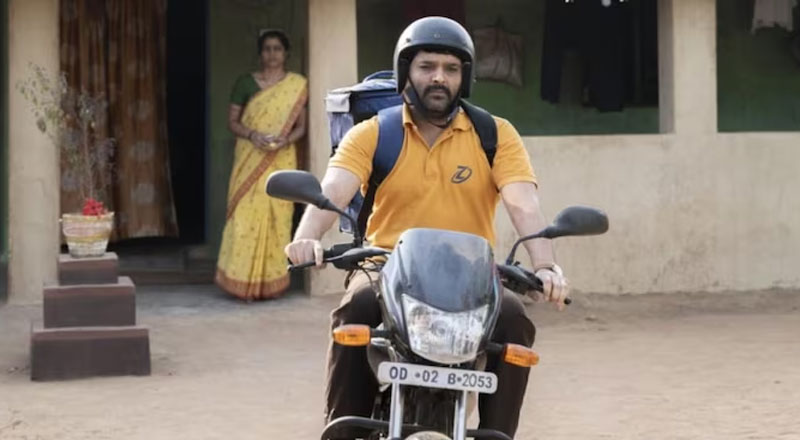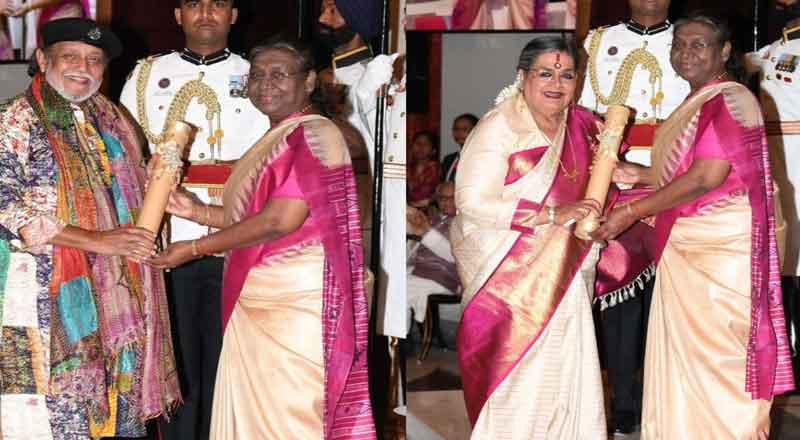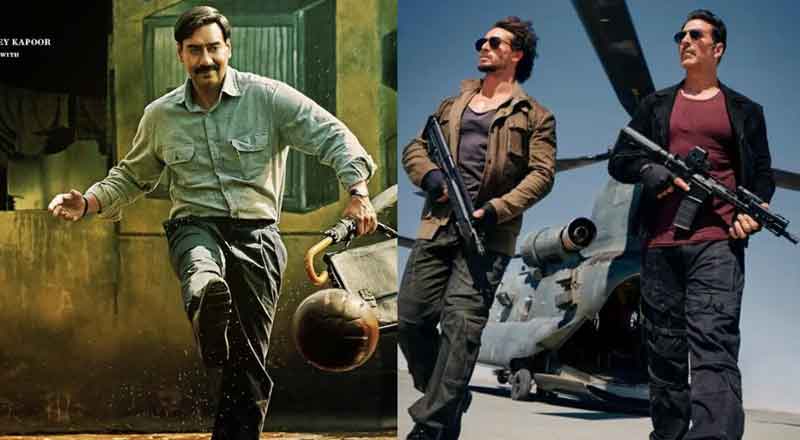Zwigato is the perfect portrayal of the gig economy. Even though it moves at a lazy pace, you should watch it for the people who do menial jobs. Here’s our review.
It’s anything but difficult to begin a slice-of-life film like Applause Entertainment’s Zwigato that released in theatres today, March 17. However, the major flaw in the film was its plodding pace. Directed by Nandita Das, Zwigato follows the story of a food delivery rider who grapples with the world of ratings and algorithms. This highly topical film delves into the lives of ‘ordinary people’. The texture of the story itself should have been very hard-hitting, and it promised so from its trailer. However, the delivery turned out to be excessively sermonising at times while you scratch your heads in scenes where unnecessary political and religious drama is thrown in. Sure, Zwigato shows the plight of delivery boys, but hardly any emotions are felt. However, in pure Nandita Das style, where the film really worked was the fact that there was no unnecessary melodrama. The struggles of a certain class of society were shown in a very subtle way.
Based in the city of Bhubaneswar in Odisha, Zwigato follows the life of a delivery boy Manas, played by Kapil Sharma. He tries to make ends meet as a food delivery man after he loses his steady job at a factory floor supervisor during the Covid-19 pandemic. The film simply follows his everyday life replete with ratings, penalties, and chasing incentives to pull through the financial crisis. Shahana Goswami, who plays the role of his wife, chips in and does odd jobs like giving massages at rich people’s homes.
Manas is seen zigzaging his way on his bike throughout the film, trying to make as much deliveries as he could. He takes selfies with customers to earn an extra Rs 10, he forgets to rate customers while his daughter chides him for it. After every delivery, he requests the customers to rate him and he worries when his ratings go down. His wife Pratima chips in but Manas isn’t happy that he is unable to support his family financially. At one point, he even tells her, “Ab tu mujhse zyada kamaegi (you will earn more than me?)” Nandita Das has perfectly portrayed the life of a delivery man, and it is evident she put in a lot of research to make this film
There are a few heartwarming moments in Zwigato. For example, the scene where Manas laments, “Woh majboor hai, is liye mazdoor hai,” (He’s a labourer because he’s helpless) correcting a placard slogan that says, ‘Woh mazdoor hai, is liye majboor hai’ (He’s helpless because he’s a labourer).” In another scene, we see a poor labourer chasing Manas’s bike pleading if he could deliver in a bicycle. A thin line of class and gender discrimination is portrayed in Zwigato. At one point, Manas even exclaims “Maalik dikhai nahin deta par ghulami poori hai.
The subject of Zwigato is focused on a significant number of cultural and social awareness topics going on. There is a political angle thrown in, and a bit of patriarchy shown to give justice to the story. Even though all of these are interrelated, the script gets too much packed. A series of events are stitched together, and you fail to take a lesson back home. Zwigato could have shown more about the delivery people, it had the potential to be overtly emotional but it failed to deliver.
The first half was slow and built the narrative, but the second half took thing forward even slower, even dragging the story at times. An activist Govindraj (Swanand Kirkire) holds a protest in the middle of the street, a man of a different faith is targeted, a Muslim delivery boy fears entering a temple – all of this looked forced. There will be times when you will wonder if things will even get better for Manas and Pratima. What’s their next step. The ending was a bit confusing but it concludes on a happy note.
When a script is bare-bones bad, actors compensate by their performance. Kapil Sharma truly does well exemplifying the character on a visual level. However, it is extremely hard to not see him as Kapil Sharma but as Manas. You would hardly hear his name being taken in the entire film despite him getting the most screen time. Probably it was a satire on how people of that strata go without an identity for themselves. Honestly, how many times have you bothered to ask the name of your food delivery rider or a courier person? While Kapil is one of the best comedians India has, he could work on his acting skills because he has the potential for it. He tries too hard to get his dialect and body language correct that made it impossible for us to connect. However, he does play his part well in being a misogynistic husband, frustrated worker and a man who is desperate. Kapil should experiment more.





